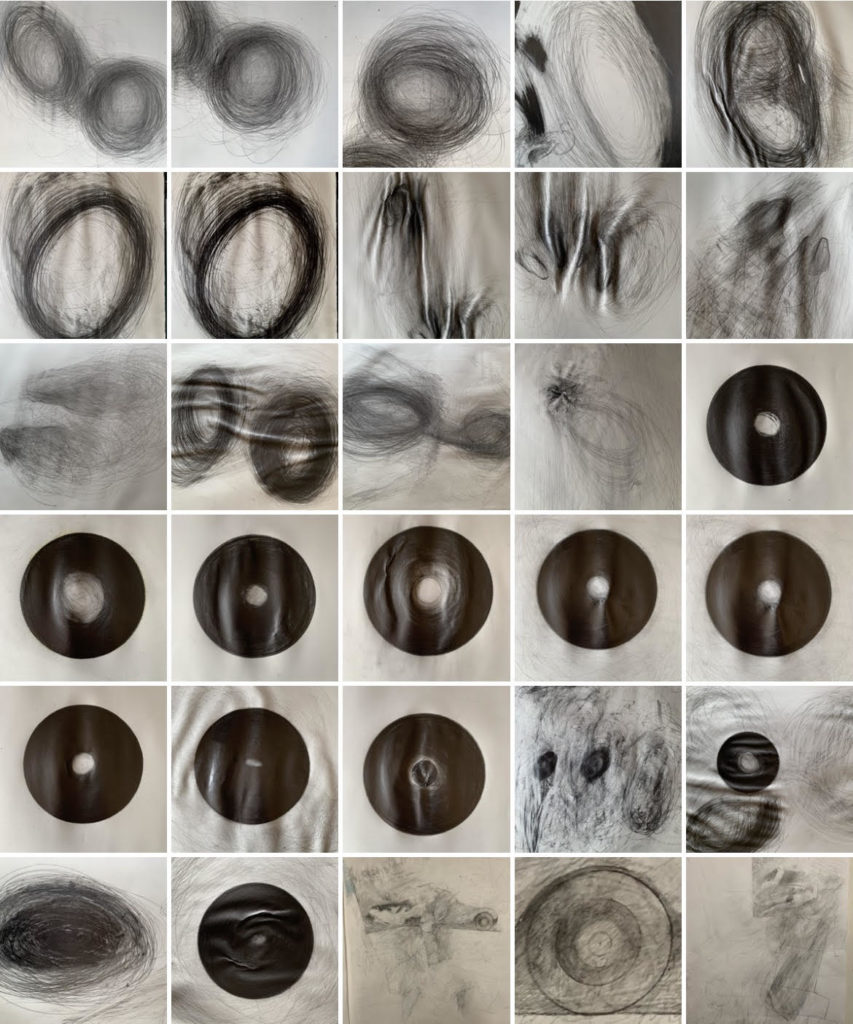Biography
Knut A. Jacobsen is Professor in the Department of Archaeology, History, Cultural Studies and Religion at the University of Bergen, Norway. He works in the intersection between history, philosophy and religion. His main fields of research include Sāṃkhya and Yoga theory and practice, transnational Hinduism, and Hindu sacred geography, travel and pilgrimage. He is the author of five monographs, Prakṛti in Sāṃkhya-Yoga: Material Principle, Religious Experience, Ethical Implications (Peter Lang, 1999), Kapila: Founder of Sāṃkhya and Avatāra of Viṣṇu (Munshiram Manoharlal, 2008), Pilgrimage in the Hindu Tradition: Salvific Space (Routledge, 2013), Yoga in Modern Hinduism: Hariharānanda Āraṇya and Sāṃkhyayoga (Routledge, 2018), and Hinduism in the world: Migrations and global presence (Routledge 2025) and is the editor or co-editor of numerous books, the latest of which are the two volumes Handbook of Hinduism in Europe (Brill 2020), Routledge Handbook of South Asian Religions (Routledge 2021), Hindu Diasporas (Oxford University Press 2023) and Routledge Handbook of Contemporary India, 2nd ed. (Routledge 2024). He is the editor in chief of the seven volumes Brill’s Encyclopedia of Hinduism (Brill 2009-2023) and Brill’s Encyclopedia of Hinduism Online (https://referenceworks.brill.com/display/db/enhi).
Research Interests
Knut A. Jacobsen is a historian of Indian religions and philosophies and work with Indological, historical and ethnographic methods. He works especially with the Sāṃkhya and Sāṃkhya-Yoga systems of religious thought and has published several monographs on different aspects Sāṃkhya and Sāṃkhya-Yoga. His research has shown that Sāṃkhya is more than one of India’s systems of thought, it manifests at sites of pilgrimage, in rituals, iconographies and art, in monastic institutions and religious identities, and is a cultural phenomenon. His current research project aims at giving an analysis of the diversity of Sāṃkhya traditions, historically and contemporary and based on textual and ethnographic research. He has a long term research interest in Sāṃkhya and theories about, and relations to nature. Another field of his research is Hinduism, space and travel with projects and publications on pilgrimage, migrations, transnational Hinduism and diasporas. Jacobsen’s research interests also include the wider religious pluralism in India and the South Asian diasporas.
Selected Publications
MONOGRAPHS IN ENGLISH
- Jacobsen, Knut A. Hinduism in the World: Migrations and global presence. London: Routledge, 2025.
- Jacobsen, Knut A. Yoga in Modern Hinduism: Hariharānanda Āraṇya and Sāṃkhyayoga. London: Routledge, 2018.
- Jacobsen, Knut A. Pilgrimage in the Hindu Tradition: Salvific Space. London: Routledge, 2013.
- Jacobsen, Knut A. Kapila: Founder of Sāṃkhya and Avatāra of Viṣṇu. New Delhi:
- Munshiram Manoharlal, 2008.
- Jacobsen, Knut A. Prakṛti in Sāṃkhya-Yoga: Material Principle, Religious Experience, Ethical Implications. New York: Peter Lang, 1999.
EDITED VOLUMES IN ENGLISH (Selected)
- Jacobsen, Knut A. (ed.) Brill’s Encyclopedia of Hinduism. Seven Volumes Leiden: Brill, 2009-2023
- Jacobsen, Knut A. (ed.). Hindu Diasporas. Oxford: Oxford University Press, 2023.
- Jacobsen, Knut A. (ed.) Routledge Handbook of South Asian Religions. London: Routledge, 2021.
- Jacobsen, Knut A. and Ferdinando Sardella (eds.). Handbook of Hinduism in Europe. Two volumes. Leiden: Brill, 2020.
- Jacobsen, Knut A., John Cort, Paul Dundas and Kristi Wiley (eds.). Brill’s Encyclopedia of Jainism. Leiden: Brill, 2020.
- Jacobsen, Knut A. and Kristina Myrvold (eds.) Religion and Technology in India: Spaces, Practices and Authorities. Abingdon: Routledge, 2018.
- Jacobsen, Knut A. (ed.) Routledge Handbook of Contemporary India. Abingdon: Routledge, 2016 (2nd edition, 2024).
- Jacobsen, Knut A., Mikael Aktor and Kristian Myrvold (eds) Objects of Worship in South Asian Religions: Forms, Practices and Meanings. Abingdon: Ashgate, 2015.
- Jacobsen, Knut A. (ed.) Yoga Powers: Extraordinary Capacities Attained Through Meditation and Concentration. Leiden: Brill, 2012. .
- Jacobsen, Knut A. (ed.) Modern Indian Culture and Society. 4 vols. Editor. London: Routledge, 2009.
- Jacobsen, Knut A (ed.) Theory and Practice of Yoga: Essays in Honour of Gerald James Larson. Leiden: Brill, 2005.
- Jacobsen, Knut A. and P. Pratap Kumar (ed.) South Asians in Diaspora: Histories and Religious Traditions. Leiden: Brill, 2004.


